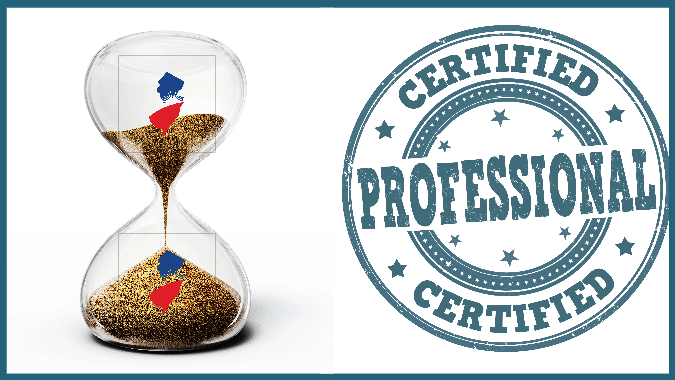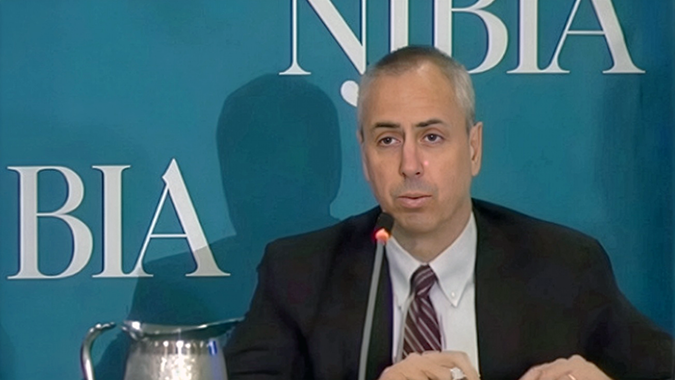The Senate advanced an NJBIA-championed bill on Thursday that will require boards within the Division of Consumer Affairs to identify the national average time for approving credentialing applications and implement best practices to effectively process the applications within that average timeframe.
Bill A-5283 (Tully, D-38; Greenwald, D-6) also calls for the reinvestment of the State’s licensure fee revenue into the Division so it can process and approve applications more efficiently.
The legislation now goes to Gov. Phil Murphy’s desk for his signature.
“The Division of Consumer Affairs collects millions in licensure fees from more than 720,000 individuals and businesses,” said NJBIA Vice President of Government Affairs Althea D. Ford. “However, most of that money is diverted to other areas of the state budget, leaving the Division with insufficient resources to modernize its operations and reduce backlogs.
“This bill brings with it the goal of greater efficiencies and available resources to improve credentialing for hundreds of thousands of businesses, which will help reduce delays for state-issued occupational licenses. We thank for the sponsors and the Legislature for their overwhelming support of this important legislation.”
In 2022, NJBIA spearheaded a coalition of business groups with a letter to state leaders urging action to address the long wait time for the approval of applications for professional and occupational licenses.
The backlog was exacerbated by the COVID-19 pandemic, creating critical shortages in professionals ranging from social work and nursing to engineering and accounting.
The bill requires state boards that issue professional or occupational licenses to contact national or regional associations to obtain data on the average approval time in other states and to calculate a national average.
Each New Jersey board would be required to meet that standard for every profession or occupation that it regulates.
If the New Jersey board cannot meet that standard, it would be required to contract with a third-party with expertise in the professions or occupations regulated by the board to determine best practices to improve the turnaround time for licenses and implement that plan immediately.
“We believe this bill will prioritize the implementation of best practices and we support its data-driven approach to identifying and implementing a national average time for approving initial credentialing,” Ford said. “The mandated reinvestment of credentialing fees to each board will provide the financial resources necessary to implement those best practices.”




